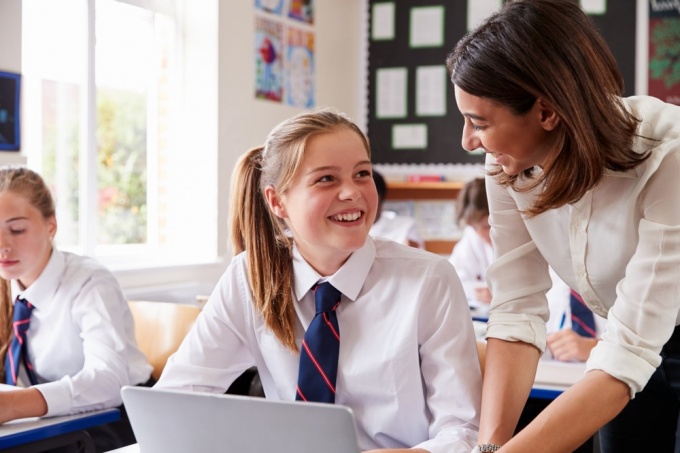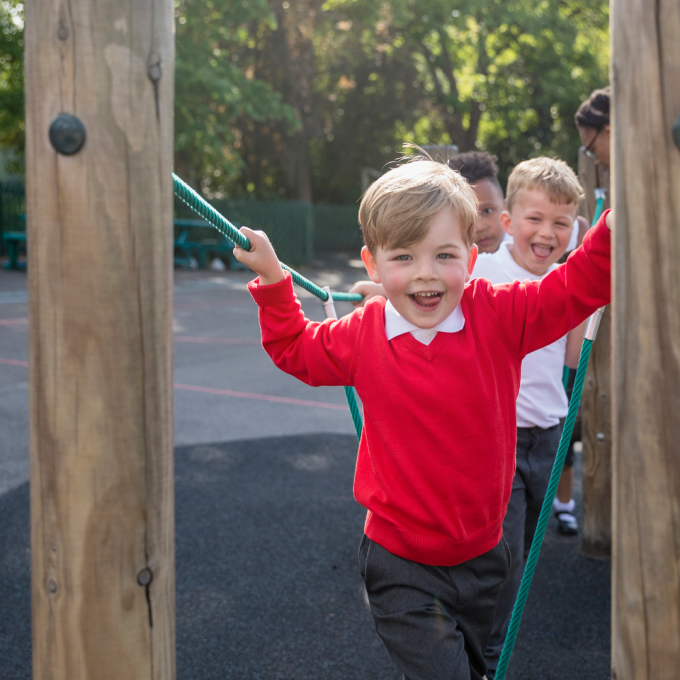Kaizen Primary School, in East London, has used the Thrive Approach to improve attendance and behaviour and to put children’s wellbeing at the heart of school life. As well as being rated Outstanding by Ofsted, Kaizen is also a Thrive School of Excellence. We spoke to Headteacher Barbara Sims and Family Thrive Course Leader Alice Bird to find out more.
Q) When and why did you first start your Thrive journey?
A) Alice: “We had our first Licensed Practitioner Jason Summers in 2016. We had become an academy and one of our Trust schools used Thrive and strongly recommended it to us. From our perspective, although we didn’t have a problem with behaviour, there were some low-level incidents that we wanted to look at. We wanted to use something to help us support our children in a very positive and nurturing way. Now Jason facilitates Thrive across all our Trust’s schools.”
Barbara: “I wanted what we did to be centred on the children and our relationships with them. Thrive felt like a good fit for us and it gave us a framework so that we could do things like creating a positive behaviour policy.
Q) Kaizen is very much at the heart of your community, how has Thrive helped with this?Alice: “We’ve recently done a Family Thrive course to help the work we do with our families. It had good attendance and it’s something we want to grow so that our families can see that this school is a safe space and they can come and talk to us about any problems they’re having. We know it can be hard being a parent at times and we want to do everything we can to help.”
Barbara: “Many external services for children are at crisis point at the moment. In the past, you might have had other organisations that families could have tapped into for support but the waiting lists are horrific now. Schools seem to be the place that parents come to if they are struggling. We know that we’re not just a school - we’re more than that and we try to give as much as we can. We can’t do everything but we’re the first port of call and we do our best to help.”


Barbara: “For any organization to be successful, there has to be a focus on relationships. Our families need us to be the best we can. You can only do that if your relationships are strong and resilient. Thrive isn’t something I go into at a detailed level, but I am committed to the ethos of it and I know that we have the right people in place leading on a day-to-day basis.”
Alice: “SLT are really on board with Thrive and this is something that has made a big difference. Our Deputy Headteacher has been on the Thrive Senior Leader training and is Mental Health Lead trained. Our SLT are visible to parents, staff and the children throughout the day. They are at the gate every morning - all of the children and the parents know who they are. The Headteacher’s work space is right in the middle of the playground and children often visit her during their breaks. You often walk past and see her reading to pupils.”
Q) What has the impact of Thrive been on attendance?Barbara: “This year, we’re finding that families are struggling to get their children in to school and it’s something we know we are equipped to help them with. Generally, our attendance outcomes are really good and that is something that is down to Thrive. For us, it’s all about having a dedicated team that go the extra mile to support families. We work in a way that we think is normal but when I spend time in other schools, I realise that it isn’t.”
Alice: “There is such good communication between staff, pupils and families here that we find it easy to focus on things like attendance. We use Thrive in our Personal Health and Social Education (PHSE) sessions and we have a great pastoral team in place so that it all links together. We have a really clear agenda and everyone knows what they’re doing and why.”


Alice: “We’re really excited because our current Year 6 cohort will be the first to have had Thrive throughout their time at school so we can really see the impact that it has had. We seem to have less general behavioural problems than we used to.”
Barbara: “Everyone understands what is expected of them in terms of both learning and behaviour. We definitely see less incidents at break times and lunch times because children are better at verbalizing things and saying how they feel so we have more opportunity to resolve problems before they arise.”
Q) And how about children’s overall wellbeing?
Alice: “Our children don’t seem as angry or worried as they have been in the past. They are definitely more able to say how they feel. We collate the data from Thrive-Online three times a year and this shows the progress our children are making with wellbeing. Our plan is also to use this data as evidence to Ofsted for the impact it has.”
Barbara: “Wellbeing is something that is at the centre of everything we do here. We support our children and we want to help them but we know we can still have difficult conversations with them. Our approach is nurturing but it’s not soft. We can tell them when things aren’t OK and they can hear this and know that this isn’t a criticism of them, it’s the behaviour that is not OK.”




_680.jpg)


_680.jpg)
